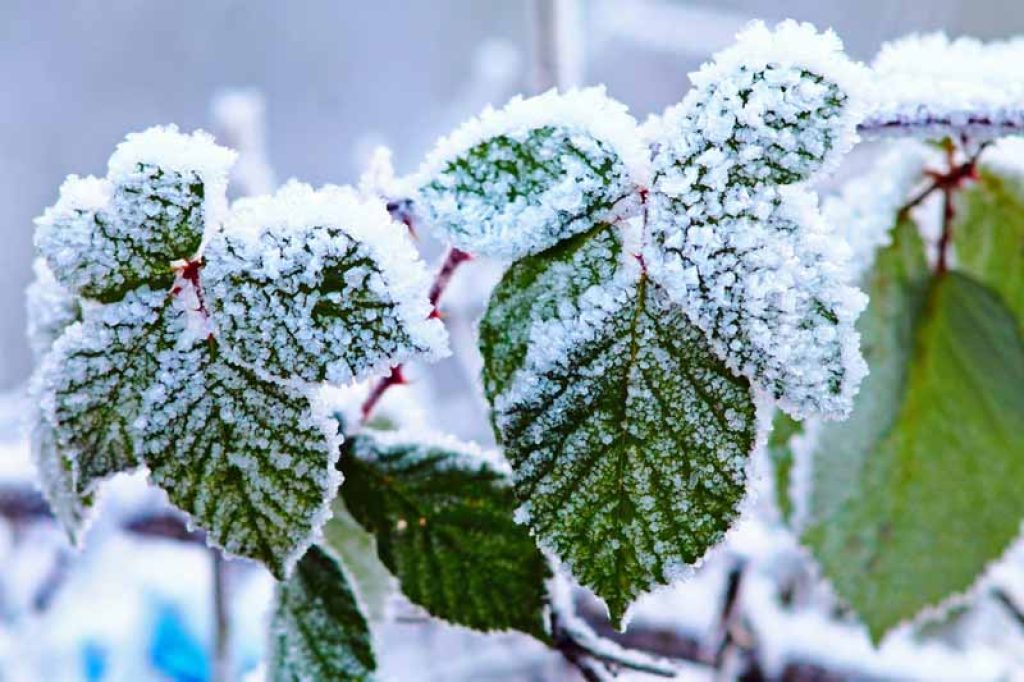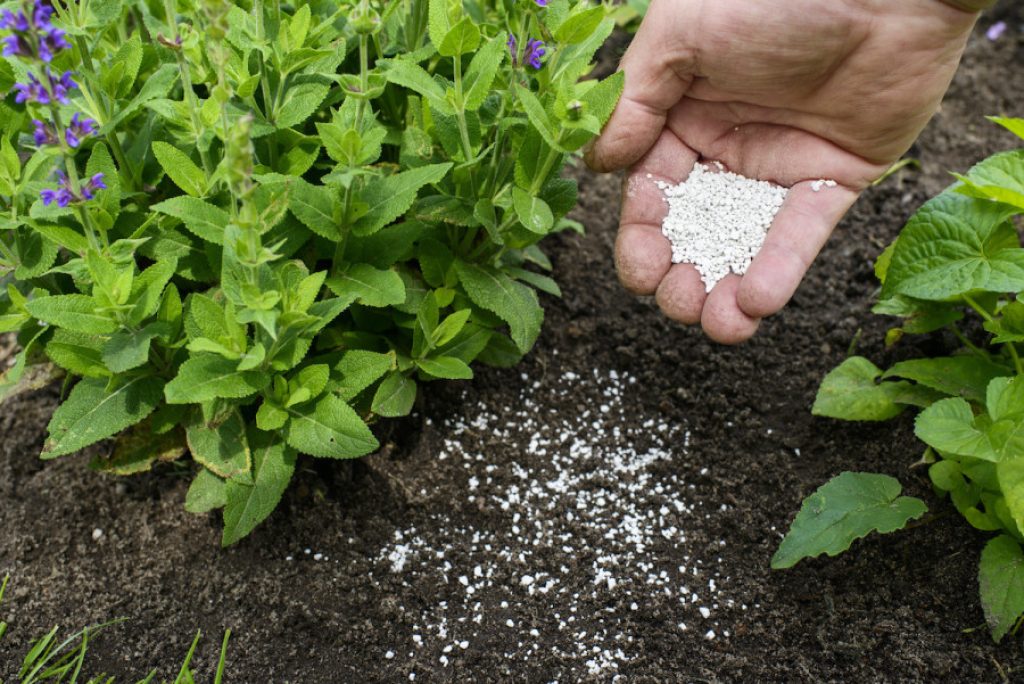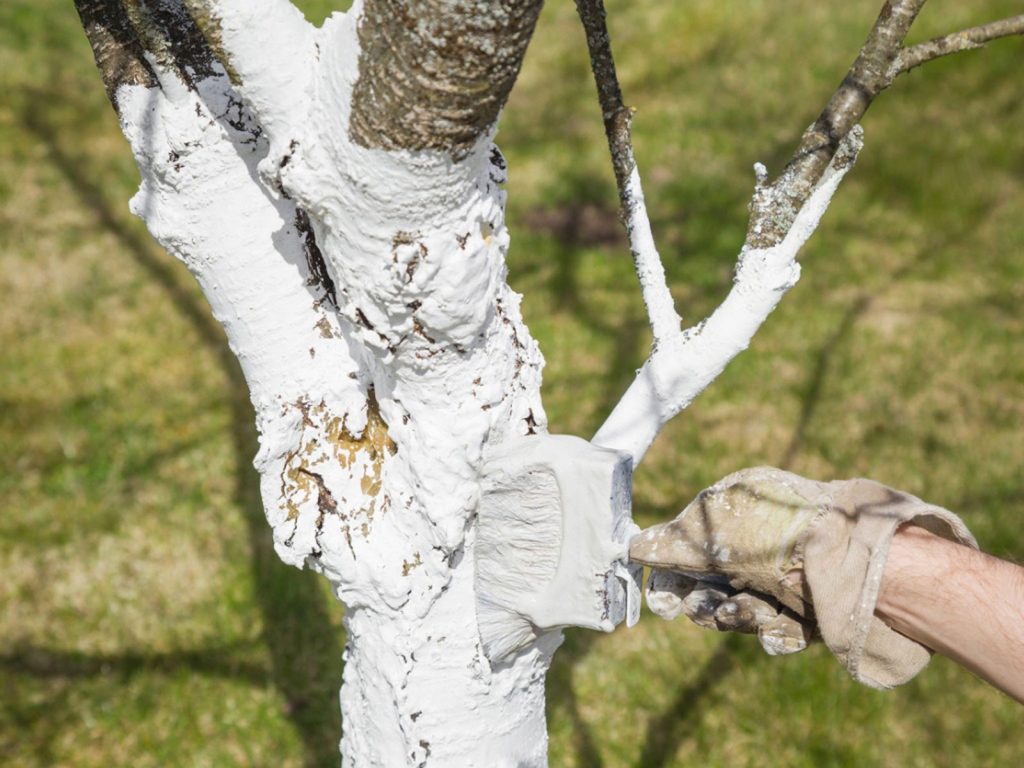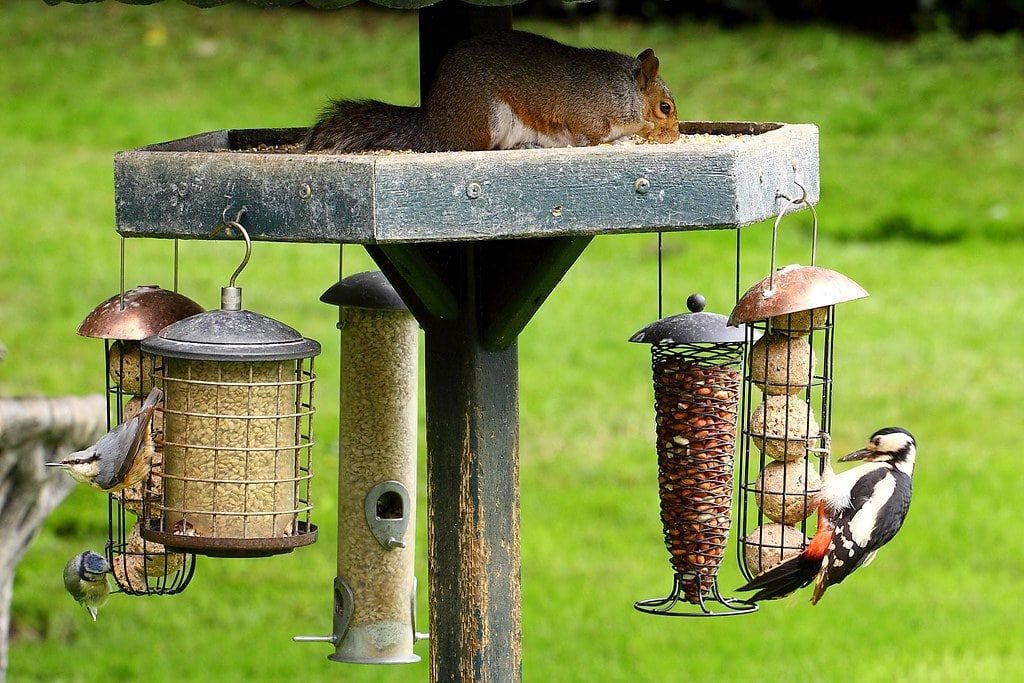



Hoarfrost and snow transform every garden into a winter fairy-tale landscape resting under a white blanket. However, anyone who thinks that nature is now in hibernation is mistaken: even as a winter month, December has a number of gardening activities in store to entice gardening enthusiasts and hobby gardeners outdoors. We have summarized the most important gardening tips for December for you below.
Prevent branch breakage due to snow load
It is easy to underestimate the snow load on shrubs and perennials. However, the white splendor quickly develops a high weight that brings thin branches and twigs to their knees. As a result, branches break, which is particularly annoying for slow-growing peonies.
Since the thin shoots are additionally prone to breakage due to frost, some precautionary measures are recommended. If snowfall persists, you should regularly clear perennials and shrubs of the white splendor. If the amount of snow remains within limits, the branches can also be loosely tied together.
Ideally, use a thick string for this purpose, which does not cut into the plants and cause injuries. The snow can then slide off the now upright shoots more easily, so that the load is reduced. At the same time, the branches support each other and consequently can withstand greater weight without breaking.
Avoid frost cracks on shrub roses

Strong sunlight can cause frost cracking on shrub roses on cold winter days. While the shoots on the side away from the sun are still frozen, the winter morning sun warms the shoots on the side facing the sun. This one-sided warming leads to an unbalanced expansion of the bark. The result is stress cracks, which occur mainly in the longitudinal direction.
However, you can avoid this problem with a simple method: form a ring from wire mesh and place it around the shrub rose. Then fill the inside of the ring with straw or dry autumn leaves. This will shade the rose shoots and therefore effectively protect them from the winter sun. At the same time, the inside of the basket of leaves warms up due to decay processes and in this way provides a slightly increased temperature.
Protect evergreens
Some evergreen woody plants such as boxwood figures, rhododendron wild species or glossy medlar show sensitivity during the winter months. If they are exposed to intense winter sun, this can cause damage and, in particular, lead to so-called frost dryness.
This occurs when the leaves of the plants thaw, but no water can flow from the still frozen shoots and the leaves dry out as a result. In sunny locations, you should therefore protect your evergreens from sunlight with a fleece by simply stretching it over the plants.
Lime the soil

December is an ideal time to add carbonic acid lime to your garden soil. However, measure the pH value beforehand and don’t just lime away. The specialized trade has, for example, simple tests available with which you can avoid an excessively high lime content in the soil.
If your garden soil receives too much lime, it will become impoverished over time, as the humus content is broken down and too much nitrogen is released. With pure sandy soil, you should therefore only lime when the pH value is below 5.5. For loamy sandy soil, the guideline is 6.0, while sandy loam soil should have a pH below 6.5. You can already lime loess and clay soil when the pH is below 7.0.
By liming your garden soil, you raise the pH value. If you only want to correct this by a small value, compost is also suitable. Especially in the case of a slight lack of lime, compost is considered the better alternative.
Root treatment for fruit trees
In December, a little trick can be used to increase both the growth and the yield of old fruit trees: the so-called root cure. You start the vital cure by choosing three to four spots around the tree that are at the level of the outer crown.
Dig a trench at these points that is about 1 to 1.5 meters long. Then consistently cut all roots to a depth of 50 centimeters and fill each trench with mature compost. Additionally, it is recommended to spread a few handfuls of algal lime throughout the crown area.
This root treatment stimulates the tree to form new, dense root clumps. These develop on the injured roots that you have previously cut off. Next year, the young roots improve the nutrient uptake and water supply of the fruit tree, so that it turns out more vital and has a richer harvest ready.
White paint for fruit trees

Despite cool temperatures, the winter sun can cause damage to the trunks of fruit trees. If it shines on one side of the trunk after a clear, frosty night, the bark of high berry trunks and fruit trees bursts open and the typical, usually vertical frost cracks appear.
However, you can avoid the damage with a white coating, as it protects the bark with the help of its light-reflecting properties. In addition to the well-known lime paint, an alternative is a biological trunk paint consisting of herbal extracts and plant-strengthening minerals.
Select a day with dry, frost-free weather for painting. Also, remove any loose bark from older woody plants and use a wire brush if necessary. This will give you an even coat of white paint that will provide your fruit trees with effective protection from the winter sun.
Remove fruit mummies
Apples that ripen in midsummer and late summer often show brown rot that spreads in a ring over the entire fruit. Early apple varieties that have soft flesh are more likely to develop the disease than late varieties with firm flesh. The so-called Monilia fruit rot is caused by fungal pathogens that sneak into the flesh via small injuries.
If the affected apples dry out on the branch, they form so-called fruit mummies. In addition to rotting fruit, you should also remove these dried apples immediately. If fruit mummies still hang in the fruit trees in winter, you should use December for their removal. In this way, you reduce the risk that young shoots and blossoms sprouting in spring will be infected with the fungal pathogens.
Set up a feeding place for birds

With a winter feeder, you not only help birds get through the cold winter months, but also attract the feathered guests to your garden in the coming year. After all, the little garden visitors feed on pests, which they consume in quantities that should not be underestimated.
In addition, a feeding station in the local nature offers both small and large observers an interesting eye-catcher, which invites different species of birds into the garden, depending on the area. You can freely choose the type of feeding station and implement it, for example, as a feeding house, hanging feeding ball or self-built construction.
It is best to set up the feeding place early so that the feathered guests can get used to the food source and use it when the snow cover is closed and the frost is severe. If woody plants with fruit and rowan berries enrich your garden, you should also postpone their pruning until spring so that birds can use the shrubs as an additional source of food.






